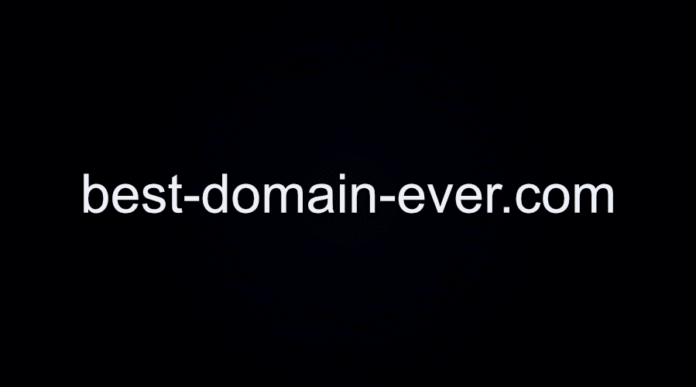Do Hyphens in Domain Names Really Matter?
When launching a new website, one of the first key decisions is choosing your domain name. It significantly impacts how easily potential visitors can find you and how much traffic you might attract. You might be asking, “Does a small detail like a hyphen in a domain really make a difference?” The answer is yes — certain factors tied to hyphens can affect your site’s performance. Let’s break it down.
Pros of Using Hyphens in Domain Names
From an SEO standpoint, hyphens aren’t a problem. Google treats domain names with or without hyphens similarly — recognizing hyphens as space separators between words. However, domains without hyphens are generally viewed as more trustworthy and clean.
That said, hyphens can be helpful for clarity. In cases where domain names could be misread or misunderstood, inserting a hyphen can improve readability and avoid confusion.
Another advantage is domain availability. Many catchy, straightforward names are already taken. Adding a hyphen can be a simple way to secure a domain name that’s otherwise unavailable.

Cons of Using Hyphens in Domain Names
Despite some benefits, there are drawbacks. Although search engines don’t penalize hyphenated domains, users often forget to include the hyphen when typing URLs. This can result in lost traffic or misdirected visitors.
From a marketing perspective, non-hyphenated domains are easier to remember and brand. They’re also simpler to promote across ads, social media, and offline materials.
Anyway, another problem of domains with hyphens lies in traffic and how it will be distributed. If, for example, there is a domain with the same name as yours, but without a dash, chances are that many of your potential clients will automatically appear on your competitor’s page. And all of that is due to one forgotten hyphen. The solution is that you should buy both options in advance and save yourself from losing customers. Still, in case that your budget does not include such purchases, you already see the priority of the absence of hyphens in a domain name.
And, finally, in addition, the domain name defines the credibility of your website. Previously, it was considered normal to hype on the double meaning of the name. You definitely saw that names like expertsexchange.com, and so on. This is the case when an absence of hyphen played a bad joke but also showed to the world your desire to attract clients through a cheap trick. It is not a good idea to compromise the reputation of the entire site, even to attract buyers.
Sub-Pages and Categorization, as a Specific Topic
Considering hyphens in domain names, good or bad, we can’t forget about the categorization methods and that all sub-pages automatically become part of it. So, do hyphens affect SEO when we create new pages? One more time – no.
Actually, it can be pretty tricky to think up a one-word-subcategory. Users rarely will look for a direct page, preferring just to find a domain name. Thus, hyphens can be seen as a positive phenomenon, especially when it comes to the development of your website.
For instance, your sub-page URL can look like this: https://market.id/services/domain-acquisition/, and it will be a great utilization of the dash.
Conclusion
While hyphens can sometimes be useful — particularly for clarity or availability — domains without them are usually more effective for branding and user recall. Whenever possible, opt for a simple, clean domain that’s easy to type and easy to remember.
To sum up, everything said and decide whether hyphens in URLs are good or bad, let’s have a last look at it. Basically, the domain names without dashes are more practical in terms like user experience, traffic, and the general length of the name.
Yet, there are situations in which using a hyphen can be acceptable and even required. Just pay attention to put no more than one dash. Therefore, creating a domain name gives priority to one-word-easy-to-remember phrases. After all, everybody has their own experience, and you can decide for yourself, does hyphen in a domain name is good or bad.
Remember that a bad-taken name can negatively affect your reputation and link your website with unwanted data.

